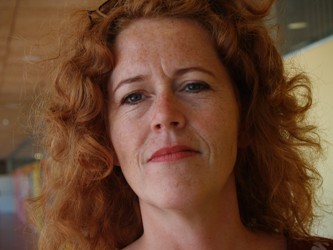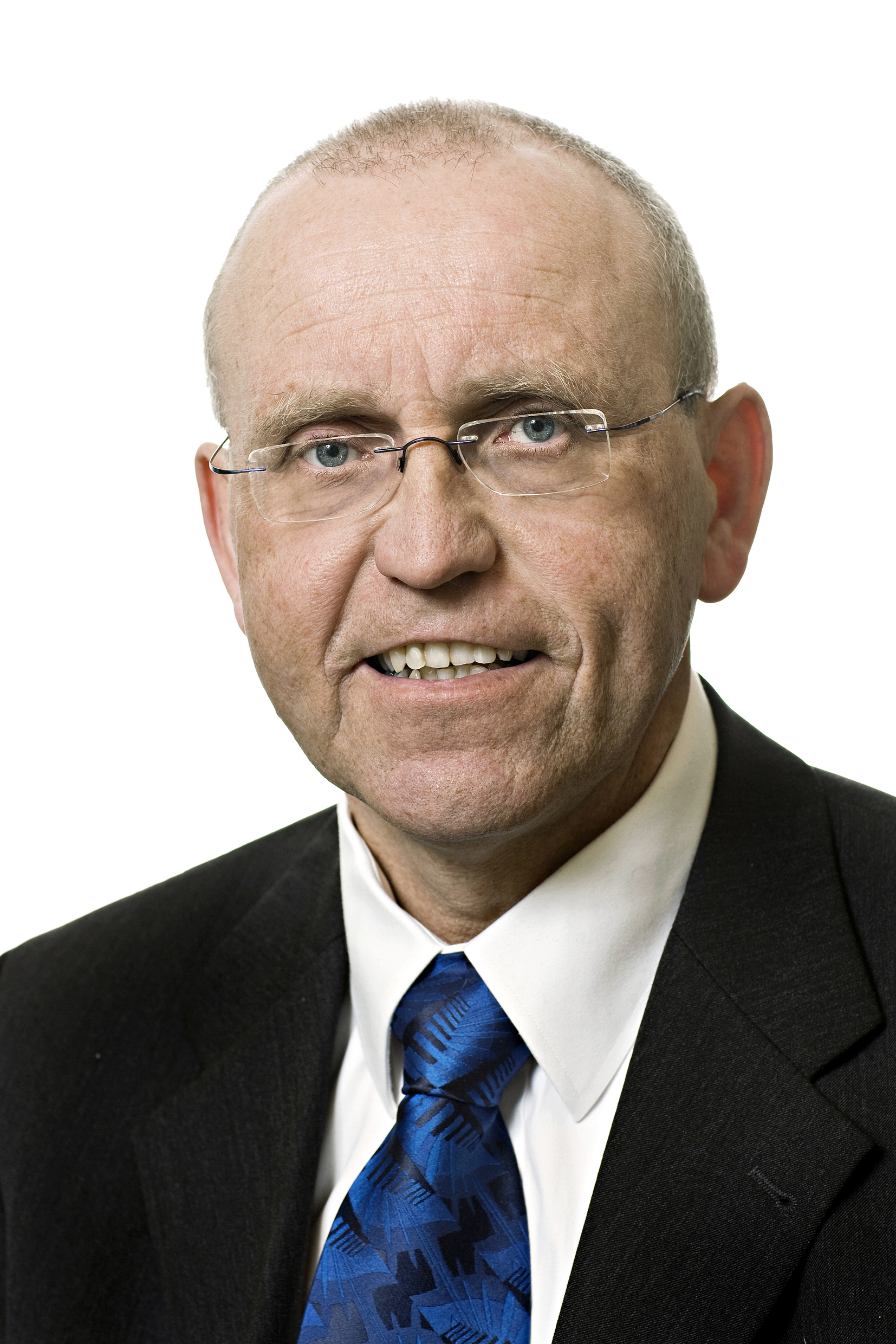An advocate of gender equality
For almost five years Norway has had a national committee for gender equality in science. It has placed women in science on the agenda both with the authorities and the research sector.

On Wednesday September 3 Minister Tora Aasland ended, at least for the time being, a discussion that has been prominent in the Norwegian work on gender equality in academia over the last few years.
"Earmarking will be reintroduced in 2009," Aasland said during a speech she gave at the University of Oslo.
Victory
Aasland is the minister of education and research and stated that next year’s National Budget will contain earmarked funding for posts for women in academia.
Norway used earmarking of scientific positions for women from the 1990s to 2003, but this measure was abandoned after the EFTA court ruled that it was contrary to the EEC agreement.
For the Committee for Mainstreaming – Women in Science Aasland’s pledge was an important victory.
The committee was established by the Ministry of Education and Research. Its job is to advocate and recommend measures to promote gender equality in higher education and research institutions. It should also raise awareness of the situation regarding the gender imbalance in academia and in the research sector.
"The committee helps higher education institutions to advance women in science and integrate more women in science. It offers advice but can also act on its own initiative. All ministries may draw on the committee’s expertise," says Linda Rustad.
Rustad is a senior adviser to the committee and has followed its work from the start. When asked what the committee has accomplished, Rustad emphasises the increased focus on women in science.
"The committee has managed to raise a public debate on this issue," says Rustad, who explains that one of the committee’s tasks is to visit the management of higher education institutions.
"After these meetings we have noticed that the institutions become more actively involved," she says.
Results
When asked more specifically about the results of these meetings Rustad mentions Sintef, one of the many research institutes in Norway. These institutes are independent of the university and university college sector, but they are important: Around a third of Norwegian scientists work in research institutes.
"Sintef presented us with an internal study they had conducted on the relationship between gender and wage level. At the meeting we had with them we discussed this, and afterwards they have continued their internal work to get more out of these figures. In other words, they prepare beforehand and follow up afterwards," Rustad says.
She adds that the meetings make the management more conscious of, and give them more knowledge on, a field that they are unfamiliar with.

Executive president Ernst H. Kristiansen at Sintef, the largest independent research organisation in Scandinavia, is a member of the committee. He too stresses the importance of such meetings. "When we visit the institutions we are met with respect and have fruitful discussions."
"What do you see as the committee’s primary task?"
"To advocate gender equality in science, to point out weaknesses and possibilities to improve. It is important to have knowledge on the current situation, to point out the differences and potential measures."
Gender equality award
Svandis Benediktsdóttir is a gender equality adviser at the Norwegian University of Science and Technology (NTNU), one of the many institutions the committee has been in contact with.
"The committee has looked at important issues and contributed with suggestions that have helped us implement concrete measures, she says, and stresses the committee’s efforts to promote the reintroduction of earmarked posts."
Benediktsdóttir also mentions that the committee has worked on a gender equality award that was established by the Ministry of Education and Research in 2007. The Gender Equality Award for 2007 was presented to NTNU amongst others.
"Receiving an award is a motivational factor and also carries with it a responsibility," Benediktsdóttir says.
According to Linda Rustad the gender equality award will be an important part of the committee’s work in the time ahead.
"This is a sector which claims that it loves competition, and the award has received a lot of attention both in Norway and abroad. To get the award you need to have a solid action plan and budget and show that you act in accordance with this," she says.
Changing the culture
The reintroduction of earmarked posts won’t make the committee redundant, according to Rustad.
"After the use of earmarked posts was abandoned the number of female post docs decreased. This shows that earmarking isn’t enough; it is a temporary measure that not necessarily produces long-term change. We also have to work on changing the attitude and culture of the institutions. Another thing is that the effect is dependent on how the earmarking is used," says Rustad.
"What are the great challenges regarding gender equality in academia in Norway today?"
"It is important to focus on continuity. It is also a challenge to make sure that the institutions assume responsibility in this matter. The current trend is that the measures are directed at women as if it was their responsibility. We need to discuss whether the institutions and the research policy are shaped in a way that doesn’t seem attractive to women. It is a heavy process to change these things and it requires a long-term effort," Rustad says.
Although the committee was established by the Ministry Rustad emphasises that they don’t speak for the Government in matters regarding gender equality. The committee is positioned between the Ministry and the institutions and also works from the outside to influence the Ministry.
Translated by Vigdis Isachsen.
